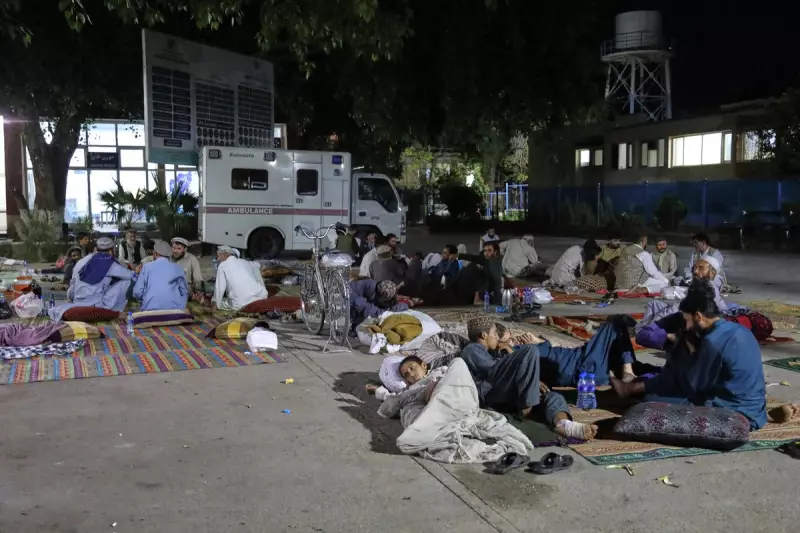
Senior European Union officials are advocating for a highly controversial policy to deport thousands of failed Afghan asylum seekers back to their homeland, now under the firm control of the Taliban regime. The move, driven by increasing migration pressure within the bloc, is creating a deep rift between member states and human rights organisations.
A confidential discussion paper, drafted by the European Commission and seen by The Independent, proposes a new EU-wide scheme to send Afghans back. This plan is set to be a central, and likely explosive, topic at a key summit of EU interior ministers next week.
A Shift in Stance and a Stark Warning
The push for deportations marks a significant hardening of the EU's position. For years, the bloc has largely suspended returns to Afghanistan due to the extreme dangers posed by the Taliban's return to power in 2021. This new proposal argues that deportations to certain, supposedly "safe" regions of the country should now be feasible.
However, this stance is in direct opposition to the guidance of the United Nations and numerous refugee charities. They maintain that the human rights situation in Afghanistan has catastrophically deteriorated, especially for women, girls, and those who previously worked with Western forces.
Mounting Pressure and Political Divides
The drive for this policy is being led by nations such as Austria, Denmark, and the Netherlands. These countries are keen to find ways to manage the growing number of Afghan arrivals and are frustrated by the current effective ban on returns.
This has created a clear fault line within the EU. Nations like Germany and the Netherlands are more receptive to the idea of reassessing the safety of parts of Afghanistan. In stark contrast, countries including Spain and Luxembourg remain firmly opposed, citing the grave and well-documented risks of returning anyone to Taliban rule.
The Human Cost of a Political Decision
At the heart of the debate are the thousands of Afghan individuals whose lives hang in the balance. Human rights groups have issued stern warnings that any returns would be a violation of the international principle of "non-refoulement" – the law forbidding sending people back to a country where they would face torture, persecution, or death.
With the Taliban's brutal enforcement of its laws and the country's ongoing humanitarian crisis, the EU's discussion is being watched with bated breath by activists and diplomats alike, who fear a decision that prioritises political expediency over human safety.





